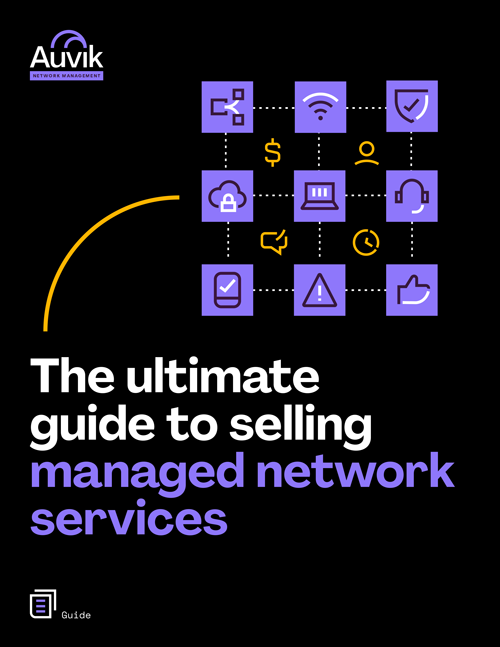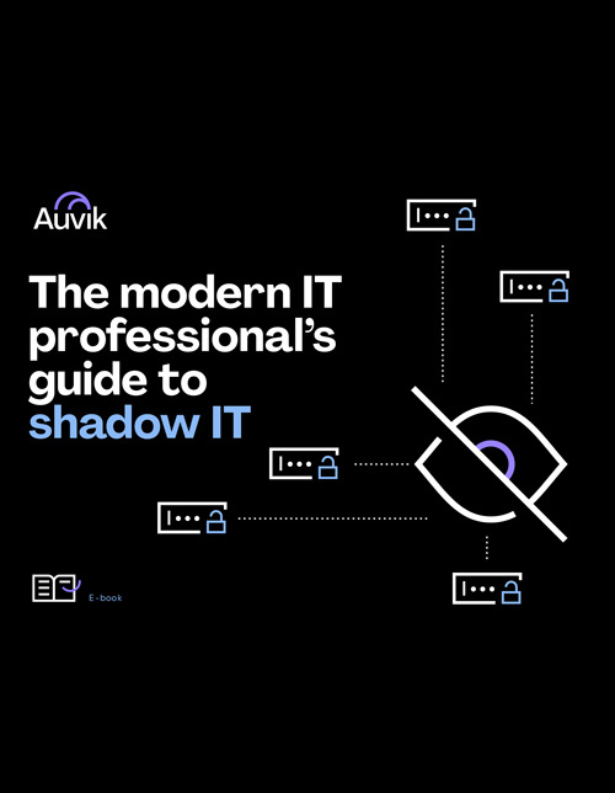In part two of our two-part series on MSP hyperspecialization, we share tips and examples of how MSPs can create their own extremely competitive niche. (Read part one on why hyperspecialization is such a high-margin opportunity.)
So you get the business benefits of hyperspecializing your MSP to serve a particular business niche, and you understand the five criteria of niche expertise you need to do so.
Awesome! You’re ready to jump aboard a high-margin opportunity. But… now what?

Jay McBain, an IT channel analyst at Forrester, says the first step—and likely the easiest—is picking your niche. “It starts with the customers you already have. If you put a heat map together, and across the five areas of hyperspecialization start to plot what type of buyers you do well with.” Specialization typically means your MSP faces less competition and becomes much easier to find in an otherwise crowded marketplace.
By narrowing down your client list to a single sub-industry, line of business, geography, sector, and tech stack, the result will be a hyperspecialization that may give you “an unfair advantage over the competition.”
Don’t fret if your clients are all over the map, though. To develop a new hyperspecialty, McBain suggests you do three things. “Go and ask three questions of the buyers and participants in that market. What do they read, where do they go, and who do they follow.”
In my experience working with MSPs, the path to specialization comes in one of two ways:
- The MSP intentionally targets the niche.
- The MSP stumbles into a niche and find it works for them.
For instance, I know of one MSP who specializes in working with law companies. They didn’t set out to work with law companies. They worked with a single law company who became a good client.
They learned the lingo and nuances of working with that law company, and before they knew it, their client was referring them to other law companies. Within a few years, the majority of their clients were law companies.
The MSP then made the decision to focus their marketing efforts exclusively on law clients. They’ve done rather well with this specialization—but it certainly wasn’t an intentional focus to start.
When it comes to finding a niche, you may already have a potential specialization in play—you just haven’t spotted the signals yet.
Make a list of your existing clients and ask yourself these three questions about each of them:
- Does this client’s industry have specific industry lingo and specialized line of business (LoB) applications that I’m familiar with?
- Do I enjoy working with this client?
- Does this client pay us well for our expertise?
Most MSPs will have some clients who tick one or two of the three boxes.
The next step is simple—read the same books, blogs, and trade publications; go to the industry events and participate in the webinars; and connect with well-known industry pundits who can, in turn, connect you with potential clients. Soon you’ll be an invaluable partner because you “get” them in a way that other, generalist MSPs don’t.
Adapting your business model
Now that you’ve picked your hyperspecialty, you need to do the hard part: accept your business will have to be more flexible to make the most of this high-margin opportunity.

“Three-quarters of [IT buyers are] not going to be outsourcing to a single vendor. So to participate in this future, MSP firms need be more nimble—in other words, deliver services [without being] locked into this idea it has to be recurring.”
I know, cue the gasp.
McBain explains why. “Nobody owns the customer anymore. That whole trusted advisor thing is strong for maybe 23% of the market. But 77% of buyers are actually looking for teams and solutions broader than a single throat to choke.”
By that, he means, buyers from non-IT lines of business are more likely to buy direct from vendors. “They look like consumers in terms of the amount of research they do ahead of time, and 73% of them prefer a more direct relationship with their vendors.”
But don’t take umbrage at these new buyers wanting to buy direct. McBain says there’s more than enough opportunity elsewhere.
“For every dollar of cloud opportunity (ex. for every dollar a customer will pay Salesforce), it generates $4.14 cents of high-margin opportunity—all project based.
MSPs shouldn’t care if a customer wants to buy direct because the margin on six dollars a month doesn’t matter. Don’t slow yourself down—you should be focused on where you can make the most money.”
And, by trying to service for the entire project, you risk losing the non-IT buyer, because “80% of them find the sales people they deal with in the channel are not specialized enough. It’s like going to buy a car. You’ve done all the work—you know exactly what you want. You walk in and the salesperson is back at step one, and it’s a broken process.”
So, let’s say you take McBain’s advice. You adapt your business model and offer cloud enablement projects, since you want to access that 40-75% margin opportunity that will be available in a staggering 80% of IT purchases. This whole-scale business change doesn’t actually require an entire 180° about-face, McBain says.
“It’s not a new skill set, it’s a sales and marketing motion. Start participating in these conversations within the accounts you have. You’re not going to own the entire project, but you definitely have the expertise to wrap it in a secure and compliant way.”

Alliances: the secret sauce of hyperspecialization
Building alliances with other firms to share cloud enables projects is a great way to generate awareness within your hyperspecialty, and ensure you’re completing projects to the best of your ability—by focusing on what you are good at.
To form these relationships, McBain says your first action should be declaring your hyperspecialty to your vendors. That way, if a vendor gets a lead for a company in your hyperspecialty, it could come your way.
The key, though, is to declare that hyperspecialty. “They won’t know who you are unless you do the heat map yourself and declare your specialty to Microsoft. They’re looking for these hyperspecialized partners for these opportunities that come up—and this is the future.”
Why do vendors like hyperspecialized partners? Well, “Microsoft can ship [a lead] off to a generic national partner, or hand it off to you—who has a resume of successfully delivering marketing projects at mid-sized clinics in the Northeast? They want you because the chance of success for Microsoft is going to be higher.”
A hyperspecialized MSP example

Eric Schlissel is the owner of GeekTek, an MSP based in Los Angeles with offices all over North America. Over the past decade, he’s built his business expertise in one unique hyperspecialty: scaled and scaling cannabis companies in North America.
“We made the choice to specialize back when we realized how generic most MSPs were targeting their services. We, as service providers, tend to want to say yes to all the different industries. At the end of the day it’s very easy to have a very broad skill set without going very deep.”
To build GeekTek’s expertise, he says, “We spent years developing our stack for this industry and developing our subject matter expertise down to the municipality level. Understanding regulations, speaking at conferences, and meeting everybody in the industry.”
He speaks to specific lines of business within the cannabis companies, too—another hyperspecialization criterion. “You’re on the phone with the CFO and you’re speaking their language—that’s far more impactful than saying, ‘Yeah, we’re a service provider.’”
Now, years after he began the hyperspecialization journey, “We’re known as the IT services firm for scaling companies in the cannabis space. Companies that want to grow, we’re the go-to. We started getting approached by Canadian companies because of our hyperspecialization.”

The reason his hyperspecialization is so unique is because of how limited the niche is. Though cannabis is being legalized in various districts in North America, there are certainly a finite number of scaling pot companies.
“That type of subject matter expertise is rare to begin with, and it’s even more rare in this space, because nobody has spent time doing the legwork. So we find ourselves uniquely positioned here. It would take any other IT services firm quite some time to catch up with what we’ve developed.”
And he admits that by hyperspecializing, he generates fewer leads. But “even if you don’t get many leads, the leads that you do get will be very qualified. Opportunities present themselves—but you have to publicize [your niche]. You might lose clients. But you will gain more clients in the long term when you do it right.”
His advice for other MSPs looking to hyperspecialize? “Find your niche, execute now, and invest. It’s a big investment to become a specialist in a niche, but when we have so many generalists that do a fair enough job, you want to be the person on the tip of people’s tongues.”
Your Guide to Selling Managed Network Services
Get templates for network assessment reports, presentations, pricing & more—designed just for MSPs.






